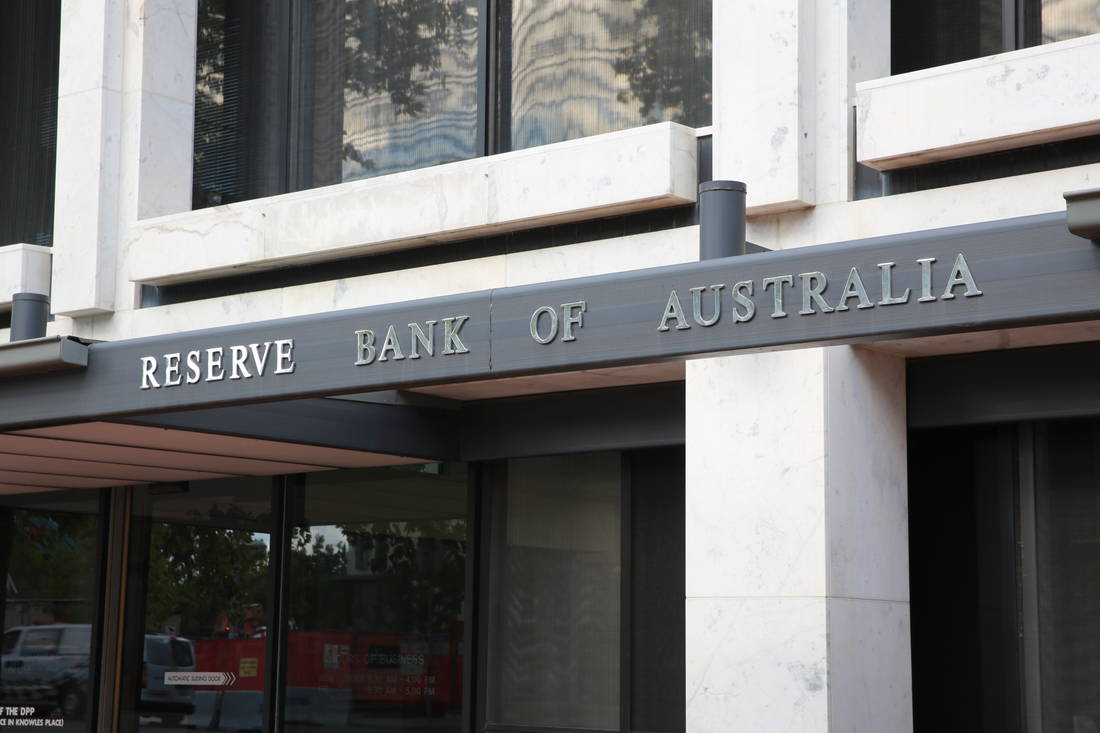Last rate call of the year revealed
The Reserve Bank of Australia has announced its decision on the official interest rate for December, following predictions of a hold.
Having cut rates to a historically low 0.10 of a percentage point in November, the RBA has acted as many economists predicted holding the cash rate.
Prior to the announcement, Wealth Within’s chief analyst, Dale Gillham, believed the Australian economy was in a stronger position than many expected, despite the first recession in nearly three decades.
“Things are not as bad as they could be and so the recession is likely to be short-lived and so interest rates are unlikely to fall further,” he said.
“The release of figures around retail spending and GDP in this second quarter will be an indication as to whether rates will rise in 2021 or remain at current levels. If retail spending is strong, then a movement in rates will occur earlier rather than later.”
Harley Dale, chief economist at CreditorWatch, agrees with Mr Gillham, believing the RBA has reacted as many expected.
“The RBA fired its last interest rate bullet in November, taking the official cash rate (OCR) to a barely positive rate of 0.1 [of a percentage point],” Mr Dale said.
“The RBA is pleased with the substantial stimulus that the federal and state governments have provided. The combination of super low interest rates and hefty fiscal policy has created the defensive line Australia required in 2020 to avoid the chronic impact that COVID-19 is having in Europe and the United States.”
What’s happening next?
Economists are predicting that the RBA will hold the historic low interest rate for longer, with the central bank unlikely to reach its inflation targets over the short term.
“Given that the cash rate is already at 0.1 [of a percentage point] and the RBA does not want to take it negative, the next move is likely to be a hike,” said AMP chief economist Dr Shane Oliver.
“But given the high level of spare capacity in the economy, inflation is unlikely to meet the RBA’s conditions for a hike of being sustainably within the 2–3 per cent target range for another three years or so. As a result, the first rate hike is unlikely until sometime in 2024.”








